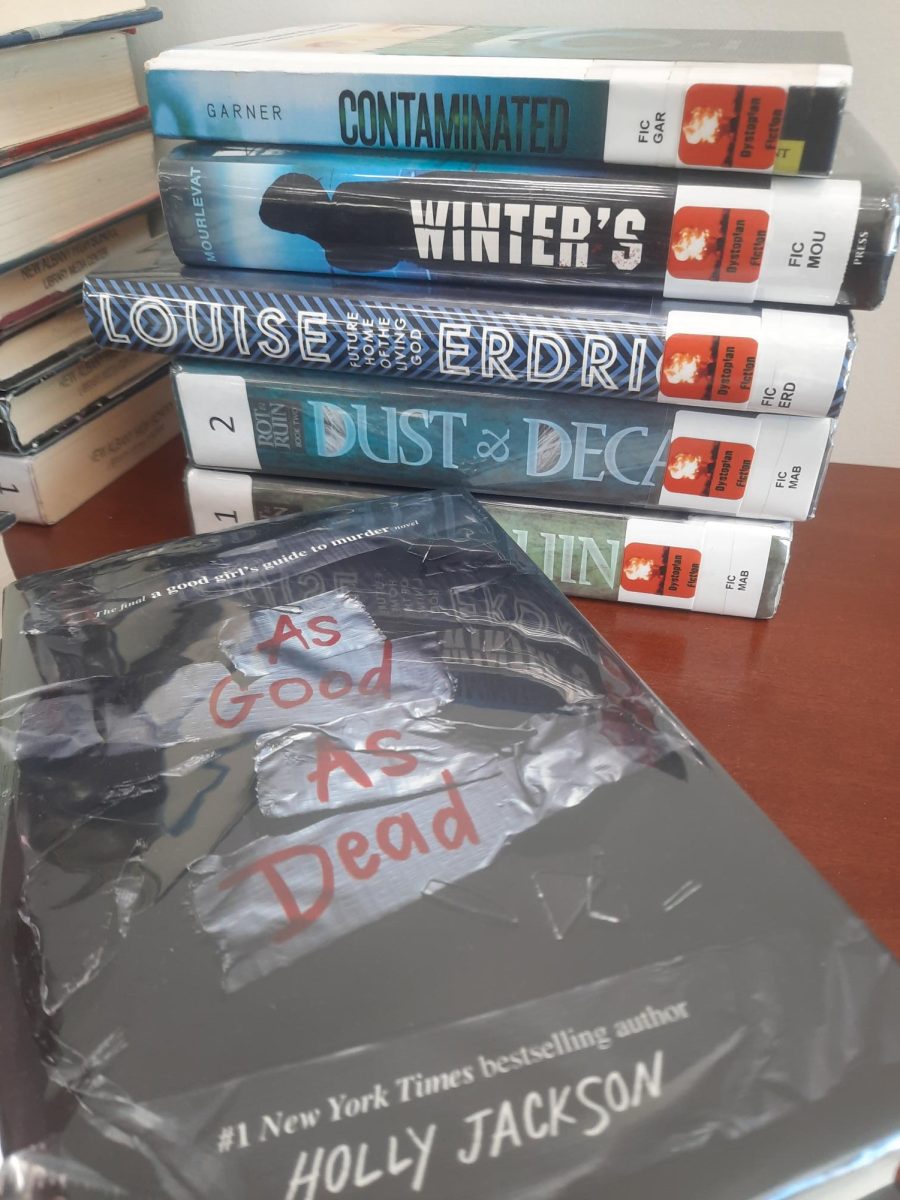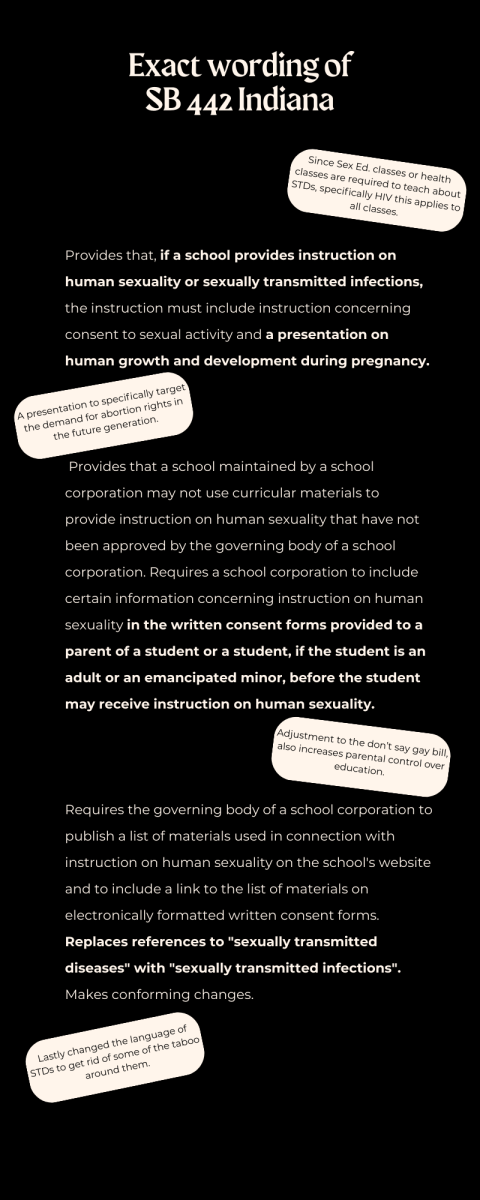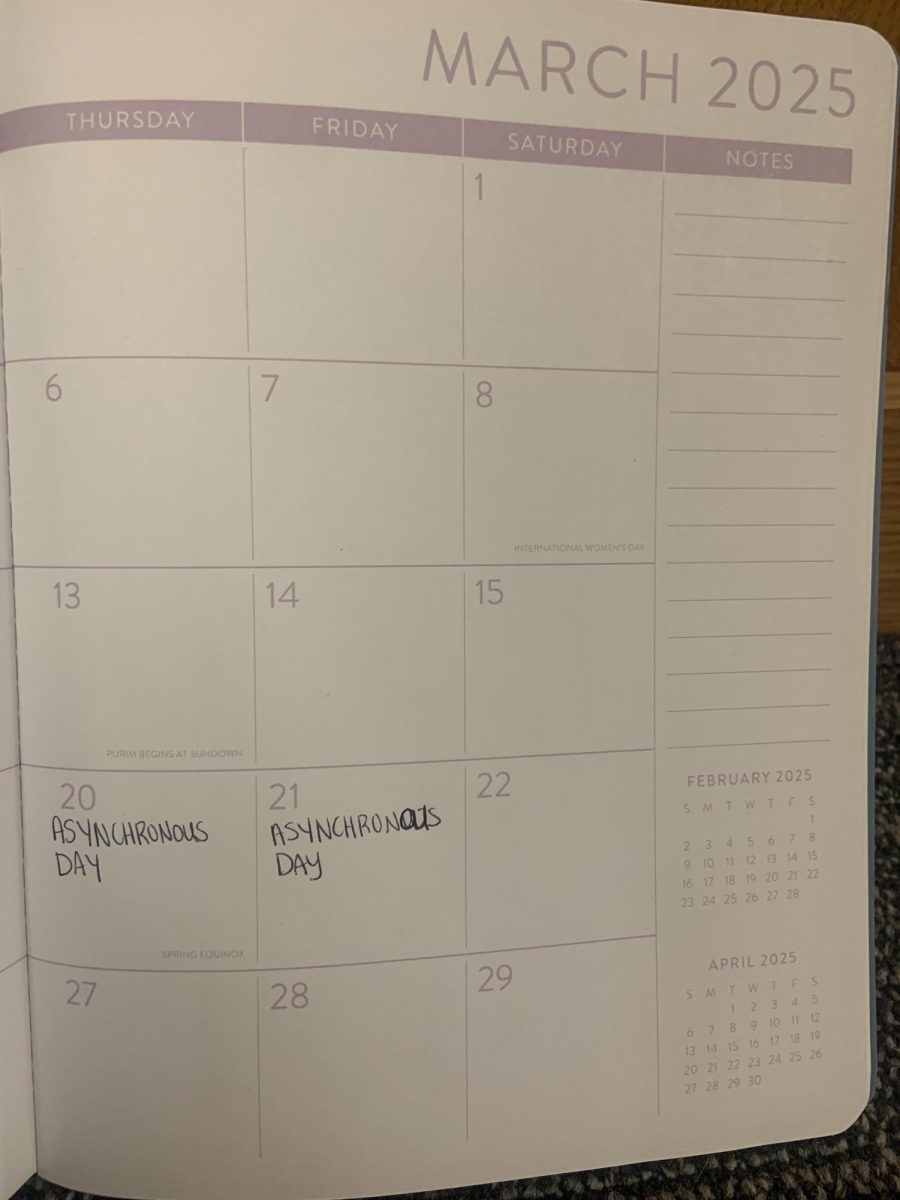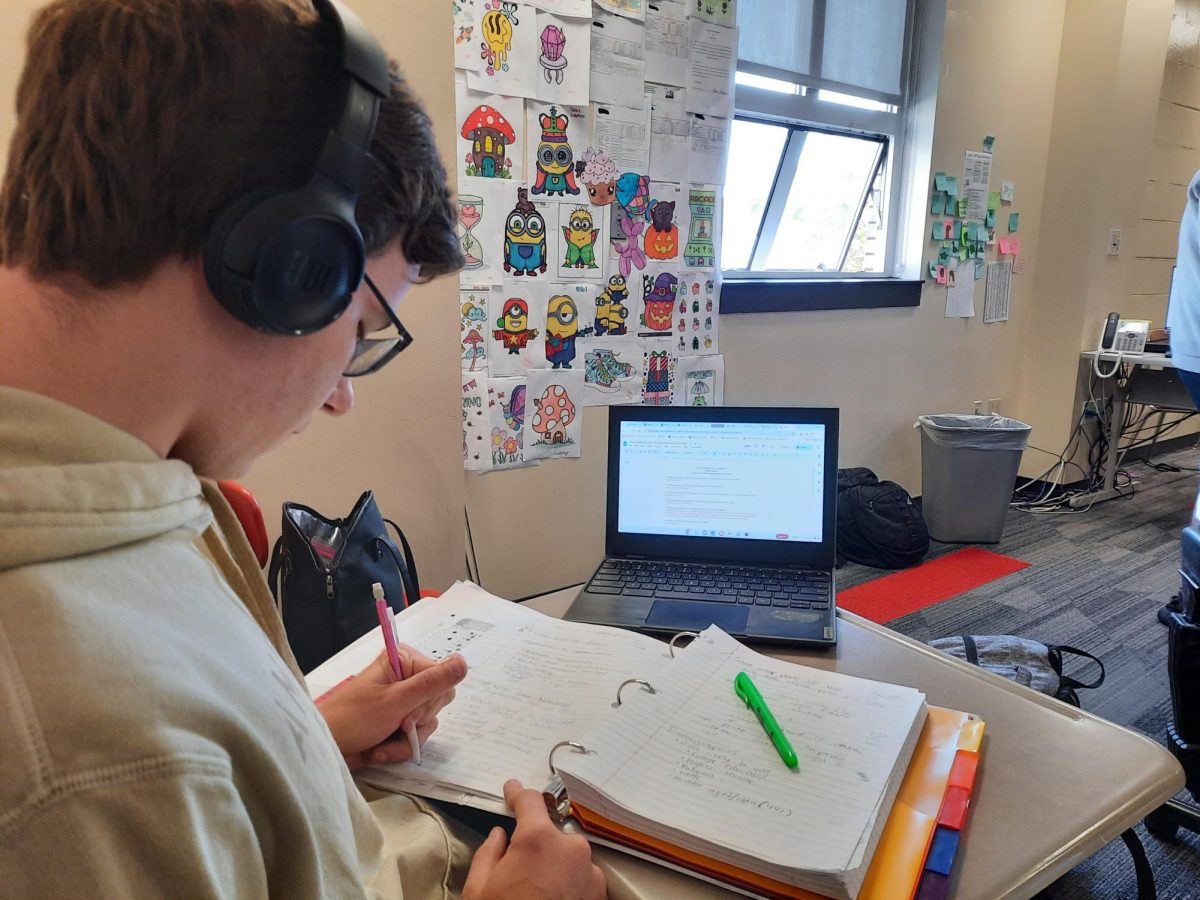Book fairs are in all of our middle school memories, but are absent in our high school ones.
Book fairs brought joy as well as an opportunity for students to get books. Reading is very important to the structure of a child’s learning comprehension and having an opportunity to get books in school is great.
School libraries are amazing and zero cost to students, but books must be returned within a certain timeframe. Whereas with the book fairs, the child picks a book, buys it and that teaches them about finances as well as responsibility. They have to remember the money and know how to spend it on what they want and know what they can and can’t afford which can help them with their responsibility category.
Book fairs are a memorable time where students have access to books and have the option to purchase them. Some students don’t have opportunities outside of school to get books and book fairs are sometimes the only opportunity to get books to keep.
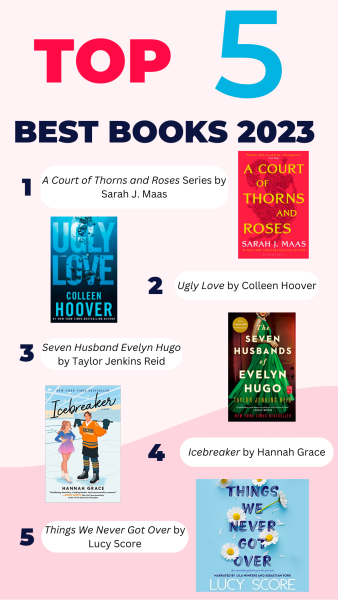
Book fairs are a great way for students to get books in a school environment. Unfortunately, NAHS, along with most high schools, doesn’t host a book fair which is disappointing to the book worms among us.
Junior Lily Zirnheld says that books are for everyone and book fairs are a great way to give students access to more books that may not be in the school library.
“I think book fairs are very useful for introducing kids to a wider variety of books and if we did it here there would be room for more opportunities for students,” Zirnheld said.
She says that she always loved book fairs and looked forward to them when they would be around the corner. She says that the posters and little toys that could be bought from the book fair kind of ruined the entire point of the book fair, and that the books were getting neglected when it came to the purpose of a book fair.
“I think [book fairs] are a great way to allow students to be more involved in reading in general,” Zirnheld said.
She says she believes some students were shy about reading publicly and going to buy books due to the stereotypes of books being for nerds. Also she thinks that the books should have been better targeted to more advanced readers versus childish books.
Zirnheld says book fairs should have been targeted better towards the more advanced readers than the childish books that had taken over the book fair shelves.
Seventh grade ELA teacher at Hazelwood and former Bookfair Chairperson at Slate Run Elementary, Carrie Quillo describes the reasons why book fairs have been absent in our high school libraries.
“Book fairs require a lot of volunteers ,as well as a willing librarian aide,” Quillo said. “Because book fairs typically take place during the school day, the volunteers can’t be school employees and usually are parents, grandparents, etc. In elementary schools, parents and guardians are eager to volunteer but in high school not as much. Additionally, most high school students have ways of getting to and from a bookstore or know how to check out or purchase books digitally. Because of this many high schools don’t see the book fair being financially beneficial given the time and volunteers it requires to pull it off.”
Book fairs always make a profit and can go towards many things including book credit which can allow for the library to buy more books for students, some credit for teachers to stock their in-class libraries, and fund the following book fair.
“I think we as a society should be supporting reading in any way possible,” Quillo said. “I know that for some students, access to quality books they can own ends after elementary school. As an ELA teacher that breaks my heart. And as an ELA teacher I don’t care whether you are choosing books based on your grade level. If students, adults, kids, grandparents are reading – that’s a win.”
One big thing that is preventing high schools from having book fairs is the lack of volunteers. Back in elementary school, parents and guardians were more willing to volunteer to make memories with their little ones, but now in high school it’s less prevalent. Also having someone willing to be a leader is a big part of it. A willing administration is another element to having an idea become a reality.
Making profit is another factor when it comes to whether book fairs are worth it or not. Quillo says that book fairs make anywhere from $5,000 to $30,000 depending on the school, only about half is given to the school for book credit.
Junior Stella Read is a mega reader and spends most of her free time reading. She says she would love to see book fairs come to NAHS but she understands that maturity and reading levels tie into it.
“Once I got into seventh and eighth grade I stopped going to book fairs because of the small selection of harder books,” Read said.
She says that her parents were big readers as well which made her getting into reading. She also says that she struggled with reading around people when she was in middle school because of stereotypes and how nerds read books.
“I think book fairs should be brought back because more people are getting into reading and it may not be the most diverse reading but it is still reading,” Read said. “And if we give them an opportunity to buy books during school they’ll take advantage of it.”


